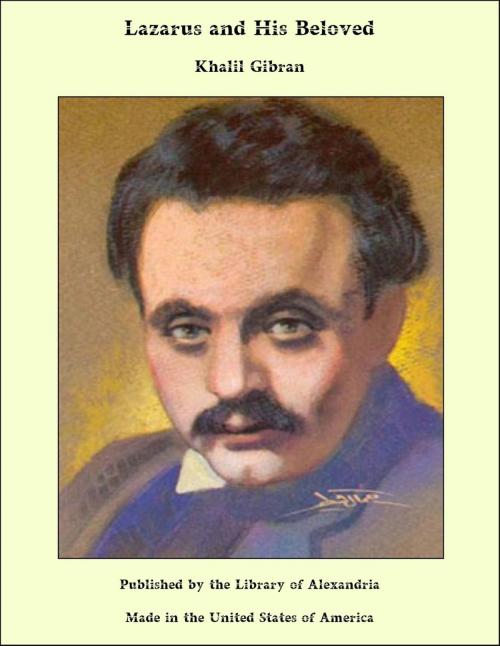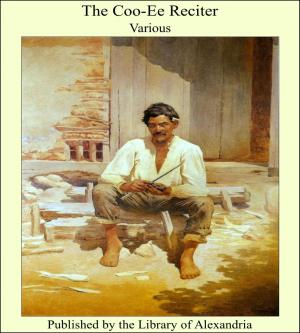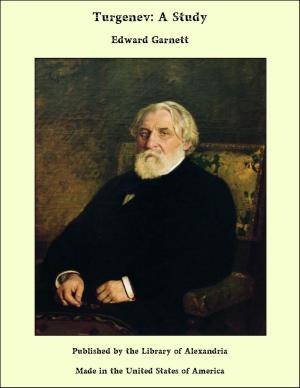| Author: | Khalil Gibran | ISBN: | 9781465574145 |
| Publisher: | Library of Alexandria | Publication: | March 8, 2015 |
| Imprint: | Language: | English |
| Author: | Khalil Gibran |
| ISBN: | 9781465574145 |
| Publisher: | Library of Alexandria |
| Publication: | March 8, 2015 |
| Imprint: | |
| Language: | English |
Kahlil Gibran (full Arabic name Gibran Khalil Gibran with the more standard spelling Khalil;[a] Arabic: Jubrān Khalīl Jubrān or Jibrān Khalīl Jibrān;) (January 6, 1883 April 10, 1931) was a Lebanese-American artist, poet, and writer. Born in the town of Bsharri in the north of modern-day Lebanon (then part of Ottoman Mount Lebanon), as a young man he immigrated with his family to the United States, where he studied art and began his literary career, writing in both English and Arabic. In the Arab world, Gibran is regarded as a literary and political rebel. His romantic style was at the heart of a renaissance in modern Arabic literature, especially prose poetry, breaking away from the classical school. In Lebanon, he is still celebrated as a literary hero. He is chiefly known in the English-speaking world for his 1923 book The Prophet, an early example of inspirational fiction including a series of philosophical essays written in poetic English prose. The book sold well despite a cool critical reception, gaining popularity in the 1930s and again especially in the 1960s counterculture. Gibran is the third best-selling poet of all time, behind Shakespeare and Lao-Tzu. Wikipedia
Kahlil Gibran (full Arabic name Gibran Khalil Gibran with the more standard spelling Khalil;[a] Arabic: Jubrān Khalīl Jubrān or Jibrān Khalīl Jibrān;) (January 6, 1883 April 10, 1931) was a Lebanese-American artist, poet, and writer. Born in the town of Bsharri in the north of modern-day Lebanon (then part of Ottoman Mount Lebanon), as a young man he immigrated with his family to the United States, where he studied art and began his literary career, writing in both English and Arabic. In the Arab world, Gibran is regarded as a literary and political rebel. His romantic style was at the heart of a renaissance in modern Arabic literature, especially prose poetry, breaking away from the classical school. In Lebanon, he is still celebrated as a literary hero. He is chiefly known in the English-speaking world for his 1923 book The Prophet, an early example of inspirational fiction including a series of philosophical essays written in poetic English prose. The book sold well despite a cool critical reception, gaining popularity in the 1930s and again especially in the 1960s counterculture. Gibran is the third best-selling poet of all time, behind Shakespeare and Lao-Tzu. Wikipedia















